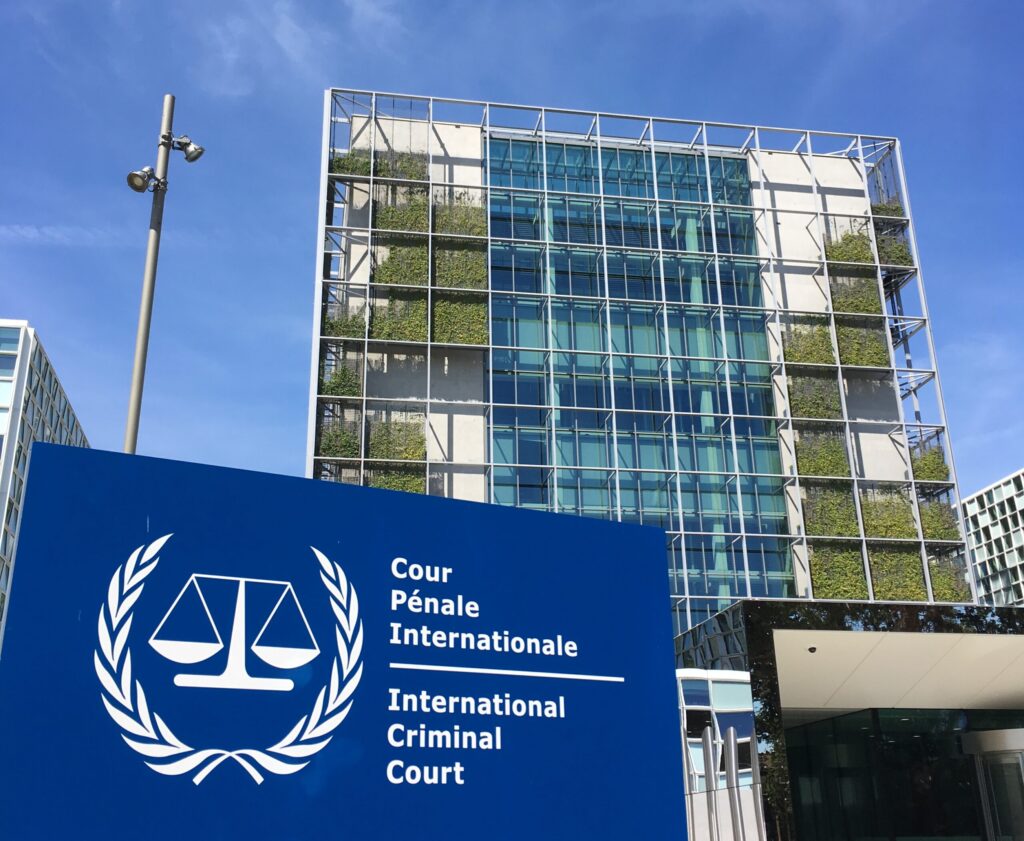MEDIA RELEASES
AIJAC slams ICC decision to issue warrants against Netanyahu and Gallant
November 22, 2024 | AIJAC staff

The Australia/Israel & Jewish Affairs Council slammed the International Criminal Court’s decision to issue arrest warrants for Israel’s prime minister and former defence minister.
AIJAC Executive Director Colin Rubenstein AM said, “The ICC first stretched the bounds of procedure, then broke its own rules on process. This is not a criminal case; it’s an ideological witch hunt. A court that becomes politicised undermines the entire rules-based-order that it is supposed to uphold.”
Dr Rubenstein continued, “Rather than blithely repeating talking points that they respect the independence of the ICC, all Western governments should be looking closely at why the ICC has chosen to break the rules when it comes to Israel. Joe Biden and our Opposition took the correct approach. It’s a great pity our Government didn’t adopt a similarly principled stance.”
Background
The ICC only has jurisdiction over the territory of its members. Israel is not a member. It admitted ‘Palestine’, despite Palestine not being a state, in a deeply flawed process; The ICC declared that because Palestinians have an acknowledged right to self-determination, it should be considered a state. (Many dozens of national movements have a right to self-determination, but that doesn’t mean that they are states.)
Further, the ICC accepted that the ‘State of Palestine’s territory included the entirety of the West Bank, Gaza Strip and eastern Jerusalem, despite both the PLO and Israel agreeing that the borders in any final status agreement would be determined through negotiations. By finding that ‘Palestine’s borders include the entirety of the territories, the ICC essentially pre-determined the outcome of negotiations.
The ICC is founded on the premise of complementarity. That is, it only acts if a member state, or party over which the ICC (claims it) has jurisdiction refuses to act to investigate and/or prosecute alleged war crimes. Israel has a highly respected judicial system, which routinely directs the Israel Defence Force and investigates and prosecutes crimes by Israeli soldiers.
According to the Rome Statute (the treaty that formed the ICC and guides its direction), the ICC must allow Israel’s judicial system the opportunity to investigate war crimes. However, the ICC’s Chief Prosecutor Karim Khan refused to engage with Israel, and sought arrest warrants in an exceedingly short time period, thereby breaking a foundational rule of the ICC.
Finally, the allegations against Israel are deeply flawed, as AIJAC, in concert with other concerned parties, described in its submission to the ICC, here.





